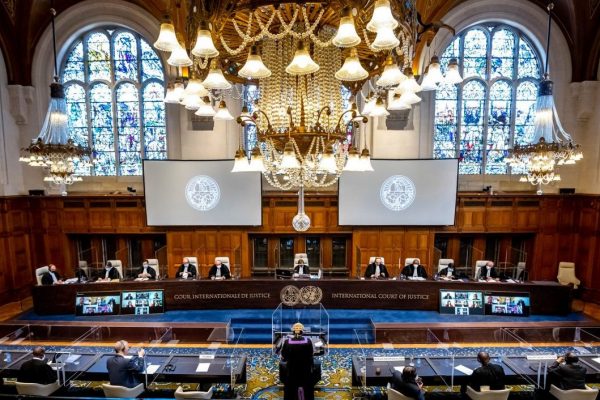Disputes are an inevitable part of human interaction, and they can arise between individuals, organizations, or even countries. Such disputes can be resolved through various means, including negotiation, mediation, and, in some cases, litigation. In the international arena, where disputes between nations can have far-reaching implications, international courts play a vital role in resolving disputes.
What are International Courts?

International courts are institutions established by international agreements or treaties to resolve disputes between states or international organizations. These courts are different from national courts, which have jurisdiction only within their respective countries. International courts, on the other hand, have jurisdiction over disputes that involve parties from different countries.
International courts can be categorized into two main types: judicial and arbitral. Judicial courts, such as the International Court of Justice (ICJ), are permanent courts established by international treaties. Arbitral courts, on the other hand, are ad hoc courts created to resolve specific disputes.
The Role of International Courts in Resolving Disputes
The primary role of international courts is to provide a peaceful and impartial means of settling disputes between nations. International courts can hear cases related to a wide range of issues, including territorial disputes, human rights violations, and trade disputes, among others.
One of the significant advantages of international courts is that they provide a forum for peaceful resolution of disputes. Nations that are parties to a dispute can present their arguments and evidence before an impartial tribunal, which can help prevent escalation of the conflict. Moreover, international courts can provide a final and binding decision, which can help reduce the likelihood of future disputes over the same issue.
Another important role of international courts is to contribute to the development of international law. Through their decisions, international courts can clarify and interpret international law, which can help establish precedents for future cases. This can help ensure consistency in the interpretation and application of international law across different cases.
Examples of International Courts

One of the most well-known international courts is the International Court of Justice (ICJ), also known as the World Court. The ICJ was established in 1945 and is the principal judicial organ of the United Nations. The court has jurisdiction over disputes between states and can provide advisory opinions on legal questions referred to it by UN organs and specialized agencies.
Another example of an international court is the International Criminal Court (ICC), which was established in 2002 to prosecute individuals for genocide, crimes against humanity, and war crimes. The ICC has jurisdiction over individuals from countries that have ratified the Rome Statute, which established the court.
International courts play a vital role in resolving disputes between nations and contribute to the development of international law. By providing an impartial forum for the peaceful resolution of disputes, international courts can help prevent the escalation of conflicts and promote stability and cooperation among nations.

